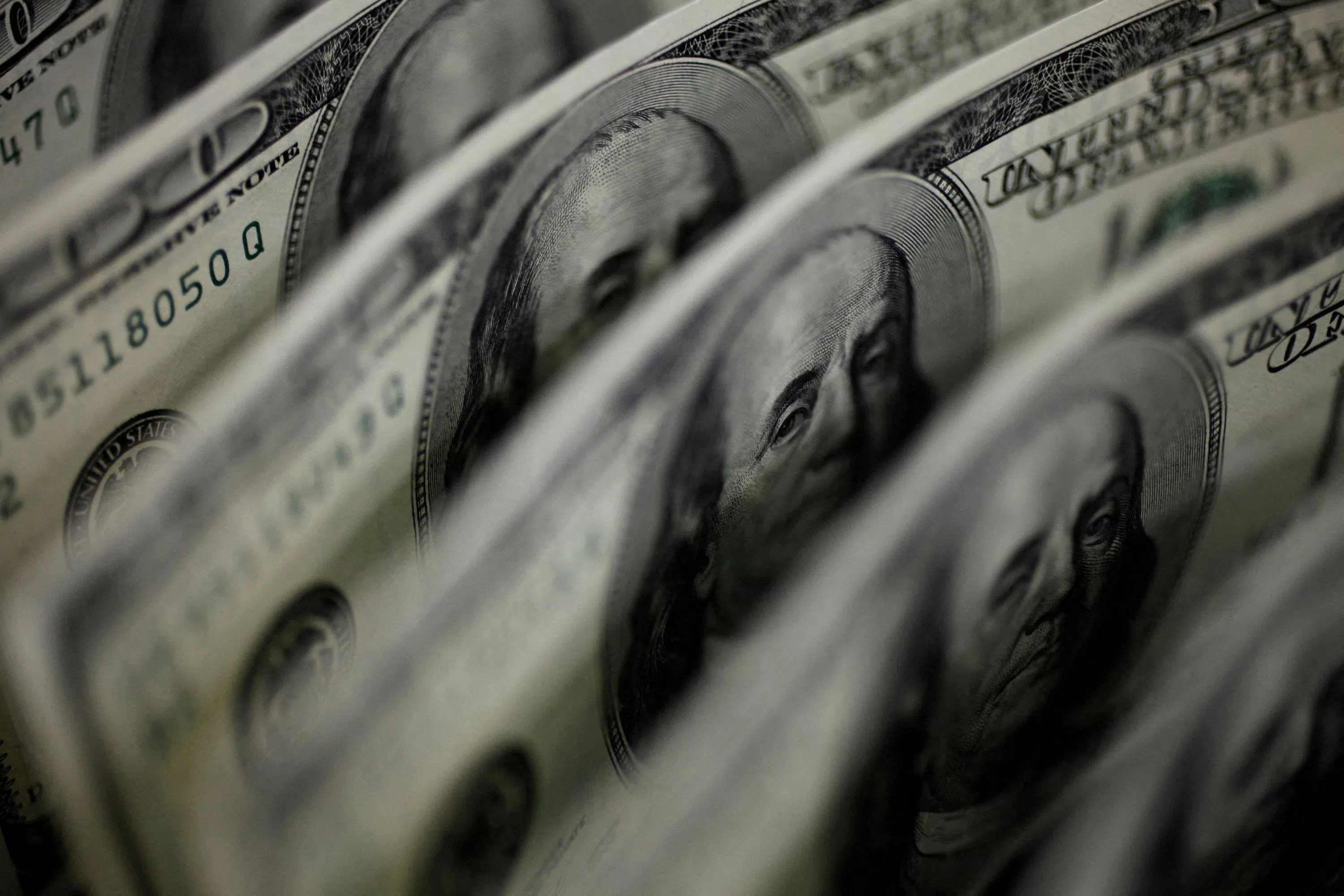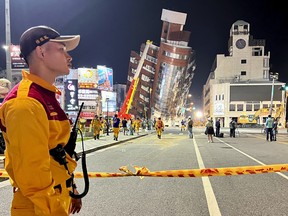VIETNAM has forfeited at least US$2.5 billion in foreign aid over the last three years and may lose another US$1 billion because of administrative paralysis, the United Nations, the World Bank and Western donors told the government in a letter seen by Reuters.
The previously unreported figures from the unpublished document, dated Mar 6, highlight frustration among foreign investors over regulatory hurdles and lengthy approval procedures.
These have caused prolonged deadlock as the country is gripped by an escalating anti-corruption campaign and political turbulence.
“Approximately US$1 billion in development funding is awaiting approval, with an additional US$2.5 billion returned due to funding expirations,” said the letter, sent to Prime Minister Pham Minh Chinh – effectively signalling potential losses worth nearly 1 per cent of Vietnam’s gross domestic product.
The expired funding could delay much-needed projects, such as infrastructure upgrades, and donors stressed in the letter that much more may have been lost in additional funds that have been “deterred by the protracted approval processes”.
Two senior foreign officials interviewed by Reuters directly linked the administrative hurdles to the “blazing furnace” anti-graft drive, echoing similar comments from other diplomats and officials in recent months.
A NEWSLETTER FOR YOU
Asean Business
Business insights centering on South-east Asia’s fast-growing economies.
The anti-graft drive has created a sort of paralysis, in which bureaucrats are slow to approve or advance initiatives because they fear accidentally violating complex regulations.
Amid those constraints, the country is struggling to spend even its own public funds, having failed to invest about US$19 billion from 2021 to 2023, one-quarter less than it had planned, according to the finance ministry.
The letter was sent by the heads of the UN and World Bank in Vietnam and is co-signed by 18 ambassadors, including from the United States, the European Union and Japan, and the head of the Asian Development Bank in the country.
Vietnam’s prime minister’s office and the investment ministry did not respond to requests for comment.
The UN and the World Bank said they kept working closely with the government on projects, with the UN acknowledging in a statement to Reuters that there were “challenges” for the use of funding.
Power conundrum
Vietnam has made significant commitments to reduce its use of coal in exchange for Western climate funding, but a year and a half after a deal with Group of Seven nations was announced, no funds have been disbursed, while Vietnam is boosting its coal imports to avert power shortages in foreign-invested factories.
After multiple requests from donors, the government established a working group on the issue and instructed officials to review some regulations that hamper access to funds, one foreign official involved in the discussions told Reuters, noting that no deadline was set to complete the process.
The power grid, a crucial infrastructure for the country, has been deemed in need of upgrades, and large amounts of foreign funds are available for the work.
However, existing rules prevent the state-owned network operator from accessing that money at least until 2027 because of financial issues, the official said as an example of the deadlock.
Donors’ frustration is leading to decisions that could reduce future assistance to Vietnam.
The World Bank, for instance, said it will merge its Hanoi office from July with operations in Cambodia and Laos to improve “management efficiency”, a move that could lead to a shift in focus.
Vietnamese officials have urged foreign donors to reduce the costs of their funds, which come mostly in loans, often at market prices. But the country has also forfeited large amounts of grants, Western officials said. REUTERS







